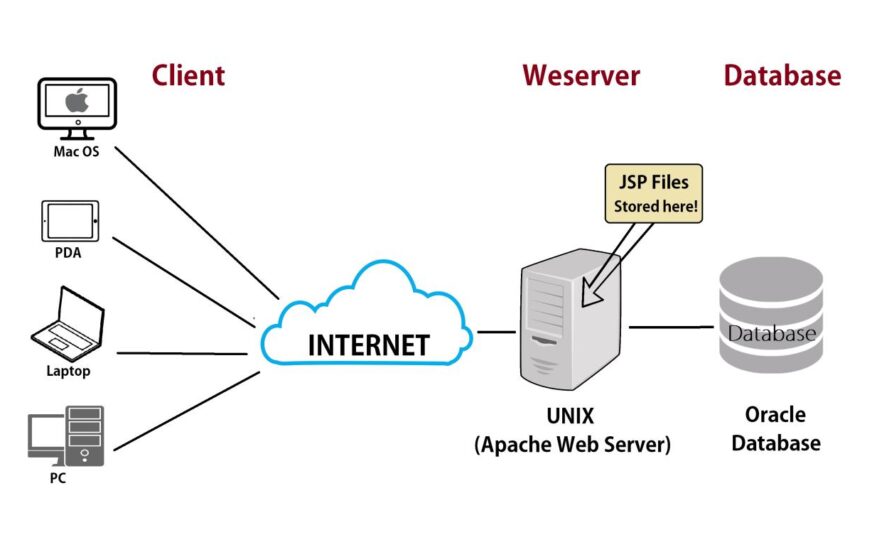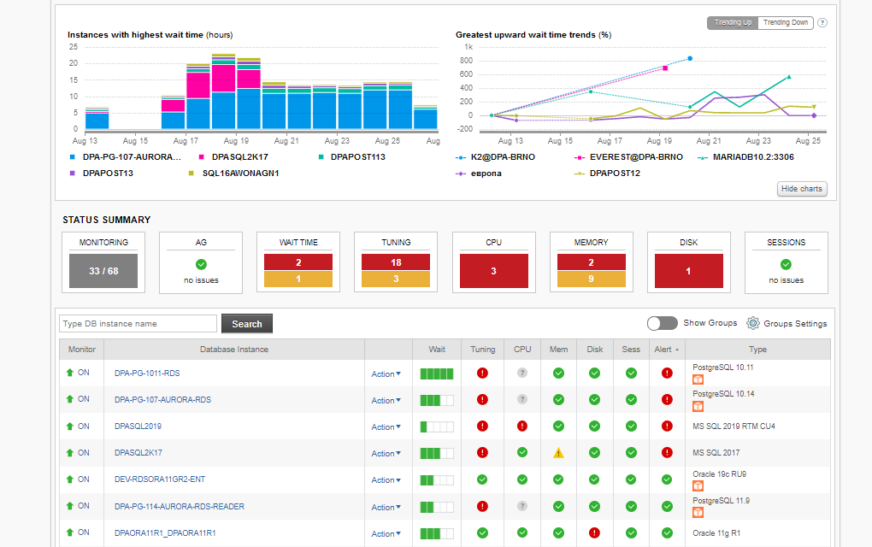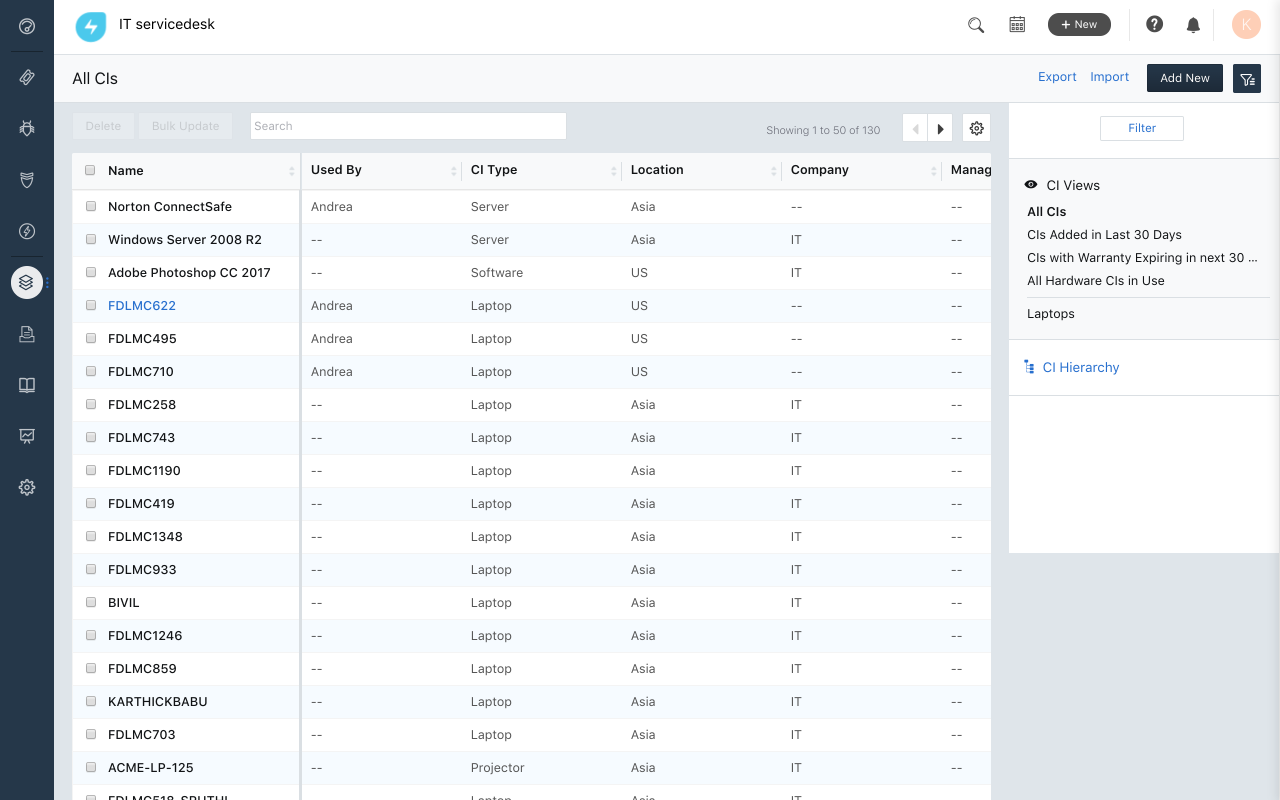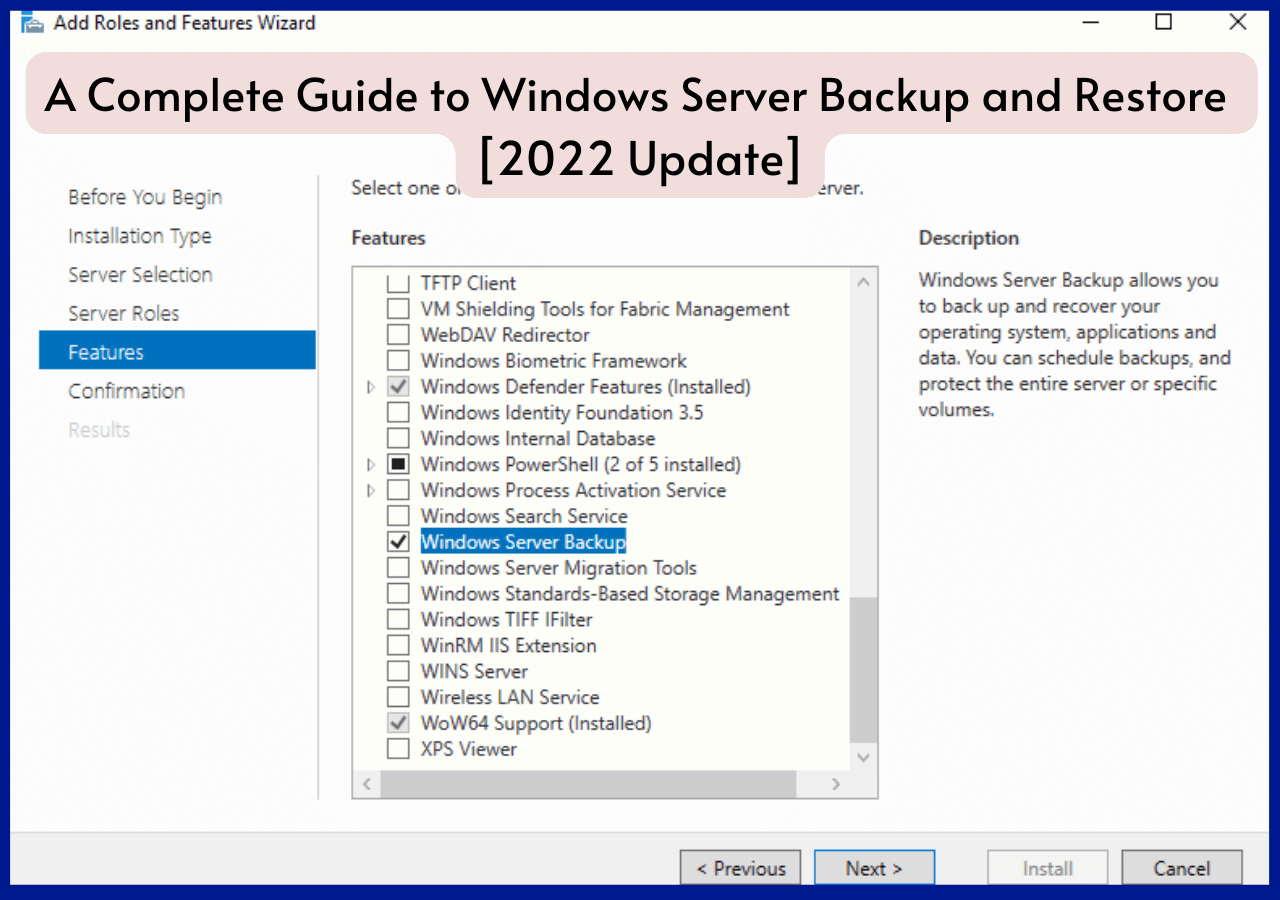The Role of Servers in Web Hosting – Exploring the critical role of servers in web hosting, this overview delves into the importance of server technologies and management practices to ensure optimal website performance and security.
The Basics of Servers in Web Hosting
Servers play a crucial role in web hosting by storing, managing, and delivering website files to users across the internet. They act as the backbone of the hosting service, ensuring websites are accessible and functional at all times.
Regular server backups are crucial for any business to prevent data loss and ensure smooth operations. By regularly backing up your server, you can safeguard important files and information in case of unexpected events. Learn more about the importance of regular server backups here.
Types of Servers
- Shared Servers: These servers host multiple websites on the same server, sharing resources like CPU, RAM, and storage. They are cost-effective but may lead to slower performance during high traffic.
- VPS (Virtual Private Server): VPS servers mimic dedicated servers within a shared server environment. Each website has its own virtual space, ensuring better performance and security compared to shared hosting.
- Dedicated Servers: These servers are solely dedicated to one website, providing full control over resources and configurations. They offer high performance and are ideal for websites with high traffic volumes.
Popular Server Technologies
Apache: One of the most widely used server technologies, Apache is an open-source software that powers a large percentage of websites on the internet.
Creating viral content is essential for businesses looking to increase their online presence and reach a wider audience. Utilizing the best digital tools can help you craft engaging and shareable content that resonates with your target market. Discover the best digital tools for creating viral content here.
NGINX: Known for its high performance and scalability, NGINX is commonly used to serve static content and handle large amounts of traffic efficiently.
Microsoft IIS: This server technology is developed by Microsoft and is commonly used for hosting websites on Windows servers, offering integration with other Microsoft services.
Server Hardware and Software
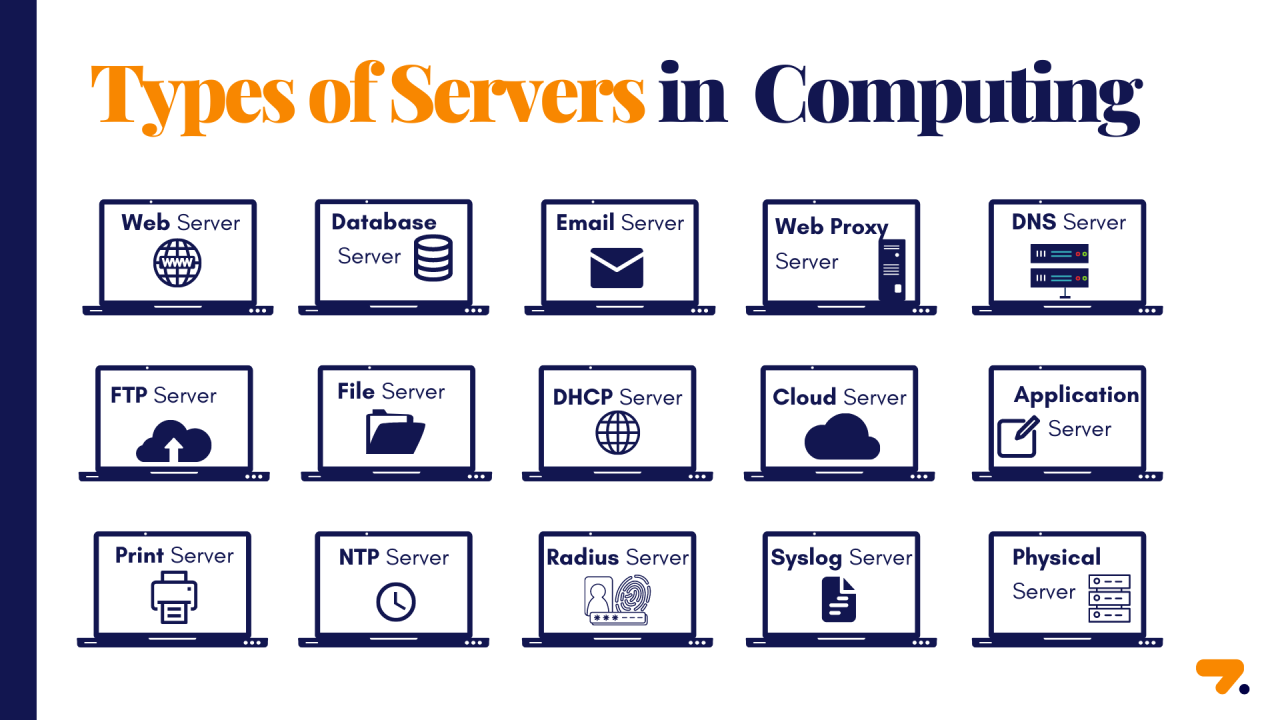
When it comes to web hosting, choosing the right server hardware and software is crucial for the performance and reliability of your website. Let’s delve into the key aspects of server hardware and software in web hosting.
Small businesses can benefit greatly from investing in the best server hardware to support their operations. Choosing the right server hardware can improve performance, security, and scalability for your business. Find out more about the best server hardware for small businesses here.
Hardware Requirements for Servers in Web Hosting
- Processor: A powerful processor is essential for handling the processing demands of web hosting.
- RAM: Sufficient RAM ensures smooth operation and quick access to data.
- Storage: High-capacity storage drives are needed to store website files, databases, and other content.
- Network Interface Cards (NICs): Multiple NICs allow for efficient network communication.
- Redundant Power Supply: To prevent downtime in case of power failures, redundant power supplies are crucial.
Importance of Choosing the Right Software for Servers in Web Hosting
- Operating System: The choice of operating system impacts the server’s performance, security, and compatibility with different applications.
- Web Server Software: Software like Apache, Nginx, or Microsoft IIS plays a critical role in serving web pages to users efficiently.
- Database Software: Databases like MySQL, PostgreSQL, or MongoDB are essential for storing and managing website data.
- Control Panel: A user-friendly control panel simplifies server management tasks for website owners.
Comparison of Different Operating Systems Suitable for Web Hosting Servers
| Operating System | Advantages | Disadvantages |
|---|---|---|
| Linux | Open-source, cost-effective, highly customizable | Requires more technical expertise |
| Windows Server | User-friendly interface, good for ASP.NET applications | Higher licensing costs |
| FreeBSD | Strong security features, stable performance | Less third-party software support |
Server Management and Security
In a web hosting environment, server management and security are crucial for ensuring the smooth operation of websites and protecting valuable data.
Best Practices for Server Management
- Regular Monitoring: Continuously monitor server performance, traffic, and resource usage to identify any potential issues.
- Proactive Maintenance: Conduct routine maintenance tasks such as updates, patches, and optimizations to keep servers running efficiently.
- Resource Allocation: Properly allocate resources based on the needs of websites hosted on the server to prevent overload and ensure optimal performance.
- User Permissions: Implement strict user permissions to limit access to sensitive data and prevent unauthorized changes.
Common Security Measures for Server Protection
- Firewalls: Install and configure firewalls to filter network traffic and block malicious activities.
- SSL Certificates: Use SSL certificates to encrypt data transmitted between servers and clients, ensuring secure communication.
- Regular Backups: Perform regular backups of data and configurations to prevent data loss in case of server failures or cyber-attacks.
- Antivirus Software: Install reliable antivirus software to detect and remove malware or viruses that can compromise server security.
Importance of Updates and Backups
Regular updates are essential for patching security vulnerabilities and improving server performance. Backups are crucial for disaster recovery and ensuring data integrity in the event of hardware failures or cyber incidents.
Server Performance and Scalability: The Role Of Servers In Web Hosting
When it comes to web hosting, server performance plays a crucial role in determining the speed and overall user experience of a website. A slow server can lead to longer loading times, which can frustrate visitors and potentially drive them away.
On the other hand, a fast and responsive server can enhance user satisfaction and encourage them to engage more with the site.
Optimizing Server Performance, The Role of Servers in Web Hosting
- Utilize caching mechanisms to store frequently accessed data and reduce the load on the server.
- Optimize code and scripts to ensure efficient processing and minimize resource usage.
- Regularly monitor server performance metrics to identify bottlenecks and address them promptly.
- Implement content delivery networks (CDNs) to distribute content geographically and reduce latency.
Scalability in Web Hosting
Scalability refers to the ability of a server to handle increasing levels of traffic and data without compromising performance. It is essential for ensuring that a website can accommodate growth and spikes in visitor numbers without experiencing downtime or slowdowns.
| Horizontal Scaling | Vertical Scaling |
|---|---|
| Adding more servers to distribute the load | Upgrading the existing server with more resources |
Scalability is not just about handling current traffic levels but also preparing for future growth and expansion.
In conclusion, understanding the significance of servers in web hosting is key to maintaining a successful online presence. By implementing best practices and staying informed about server performance, scalability, and security, websites can thrive in a competitive digital landscape.

